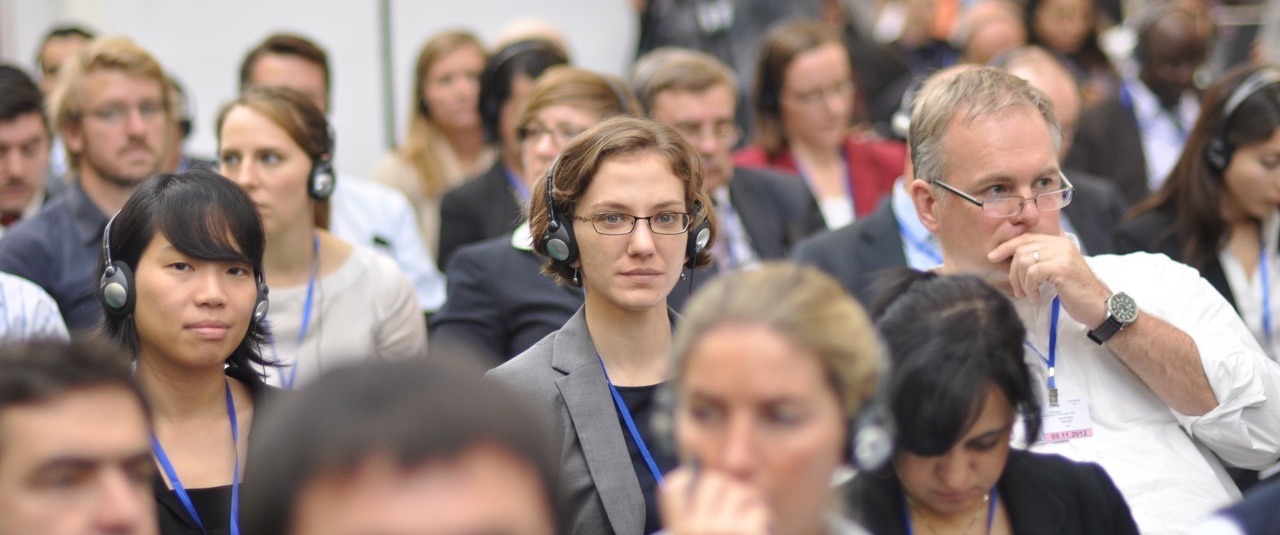As we look around at a rapidly changing world that is shaped more and more by the digital domain, we see an Internet that faces many challenges. We see an Internet at a crossroads, where we have critical choices to make about its evolution in the years to come.
Those choices will determine whether we continue to benefit from an Internet that opens up a world of opportunity for everyone online, or whether we grow more fearful of it as a negative influence on our lives. People’s hopes and fears about the Internet today are dividing us and its future.
The notion of hope and progress has defined our view of the Internet since its inception. Its own growth has taken it from obscure computer-to-computer connections to a social and economic powerhouse. It is the platform on which young people and an ever-growing number of women can invent their own futures. Small enterprises and communities all over the world are using digital tools to mobilize and empower themselves to access new markets, grow their economies and provide vital services to their citizens.
Of course, we must see the adoption of the Internet for what it is: a reflection of everything in society itself.
In light of growing sentiment that the Internet is fueling social and cultural divisions, there are legitimate concerns around the safety and security of life on the Internet. I discuss these themes in an article published this week as part of the launch of an edition of the Journal of Cyber Policy produced in a partnership between Chatham House and the Internet Society. To mark the occasion, we are also hosting a livestreamed panel discussion in partnership with Chatham House entitled “Do we still trust the Internet?” Here, we will explore concerns around the ‘securitization’ of the Internet, where a focus on national security and political control is usurping the notion of a “people-centric” Internet for everyone.
To solve these fundamental issues we need new models to address the challenges. My view is that the answers lie in the principles that have defined the Internet to date. These include: openness, global connectedness, trustworthiness, transparency, collaboration and inclusion. These values should remain at the forefront of the Internet and the policies that shape it.
We have already done much of the work and the thinking that puts these values at the heart of the Internet’s future. The global Internet community has called for collaborative decision-making: the multistakeholder model that has been used in the organizations and policies that built the Internet. And this is exactly the context in which much of the global Internet community will come together next week at the Internet Governance Forum in Geneva. I look forward to the gathering of this engaged and energized global community.
It is an important time to talk about how we can turn thinking into reality. We have an opportunity to explore how we can expand the collaborative decision-making model, how we can do more, say more and move beyond the confines of discussion to put the mechanisms, policies and practices in place that will shape the future of the Internet.
Above all, we can reaffirm our commitment to an Internet that is truly for everyone by making choices that take us toward opportunity, not toward fear.
Image credit: Veni Markovski on Flickr CC BY NC

